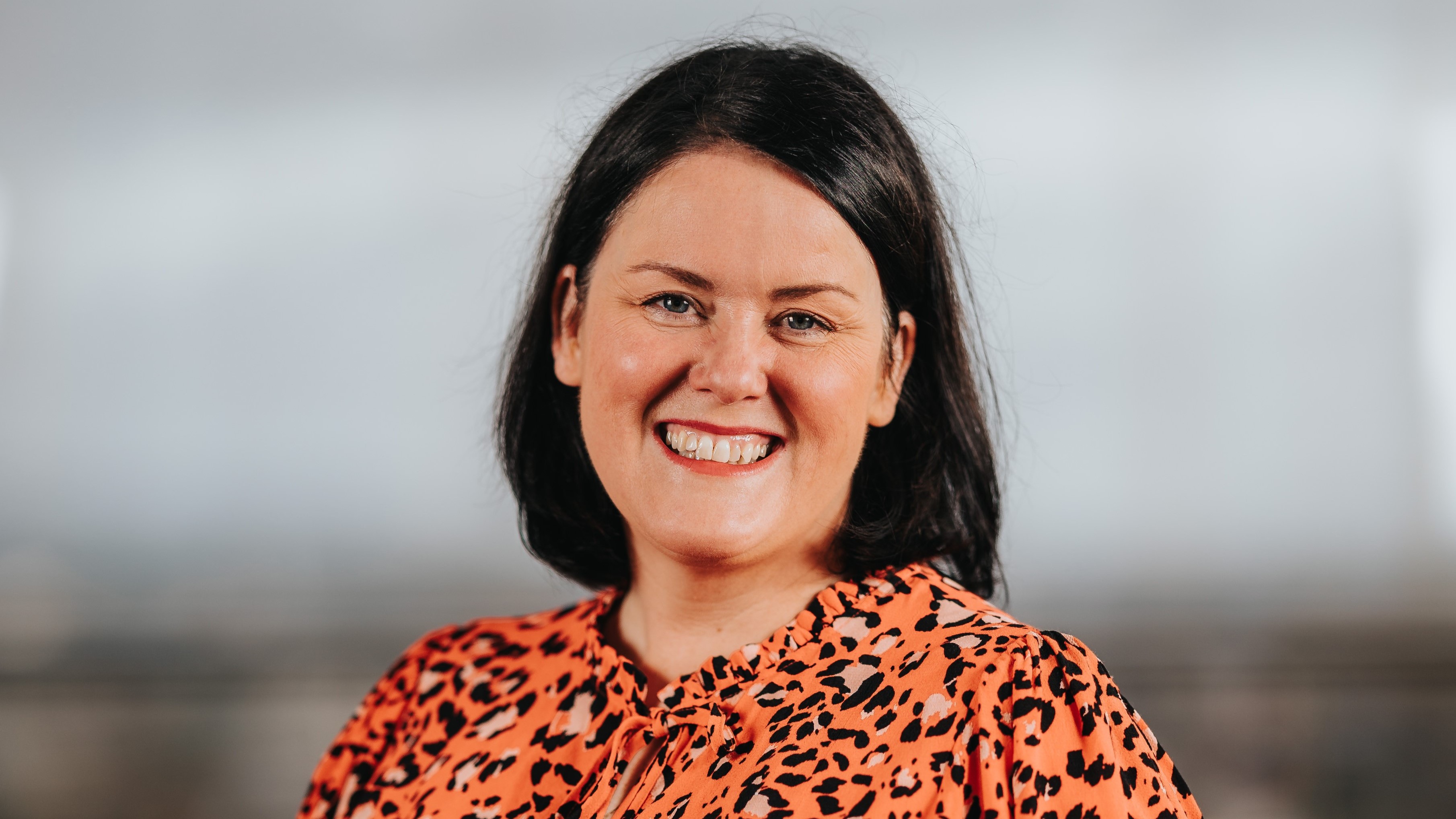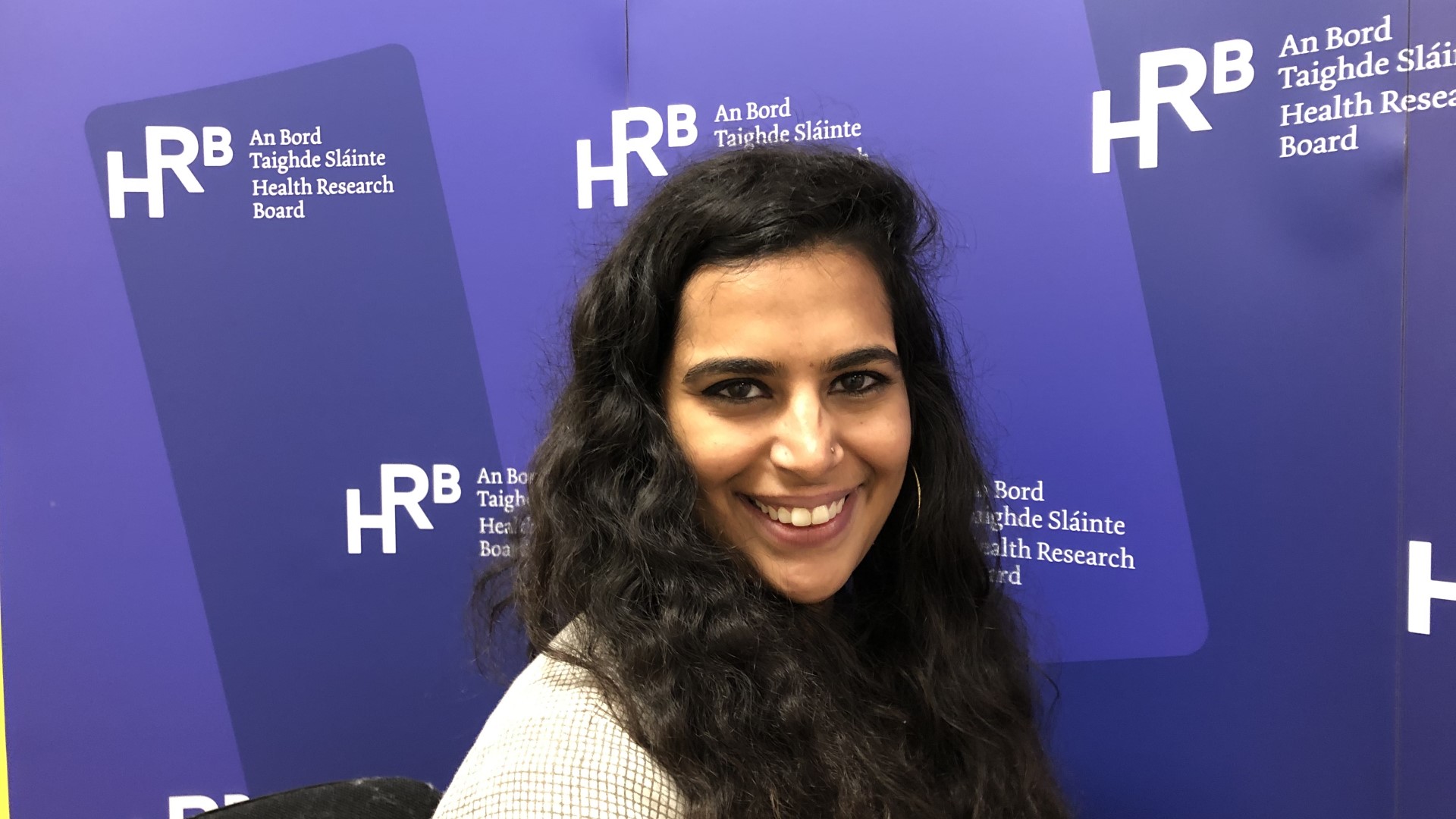Professor Eilis McAiliffe
5 min read - 30 Jan 2017
Quick summary:
- Getting people to change attitudes and behaviours is key to strengthening health systems
- Research has shown the benefit of ‘task sharing’ in healthcare, and that pay is not the only the motivator for staff
- Junior doctors have been playing a specially designed board game to encourage safety reporting
- HRB study will look at the impact of collective leadership on safety cultures in healthcare.
Health systems are complex, but with co-designed research and a focus on people, we can look to strengthen them. That was the message from Professor Eilish McAuliffe, Professor of Health Systems at School of Nursing, Midwifery and Health Systems at University College Dublin, who spoke at the HRB 30 Conference in Dublin Castle.
Systems research is complex by its very nature, Professor McAuliffe explained, reflecting on the recurring theme at the conference of non-linearity of health research and impact, but focusing on people can help to strengthen health systems. ‘People are the most important element’, she said. ‘If you want to improve healthcare it is the people you need to change’.
Professor McAuliffe’s research has tackled some myths about healthcare systems and cultures – including assumptions around ‘task-shifting’, where people who are not as qualified as healthcare practitioners provide health services in settings in Malawi, Tanzania and Mozambique.
‘In many African countries, because services were depleted of what we would know as healthcare professionals – registered general nurses and medical doctors – they had introduced a number of lower level cadres’, explained Professor McAuliffe. ‘They were the invisible workforce that was delivering healthcare’. Professor McAuliffe and colleagues worked with researchers and professional and advocacy organisations. ‘We mapped what was going on in these countries’, she said, noting that they sought to have an impact on policy as they were working on the project. ‘We didn’t go off and study the problem for three years and then come to the policy makers. We engaged with them from the beginning’.
The project ultimately brought together representatives from 29 countries to discuss task shifting. ‘We got people talking about how well it worked’, said Professor McAuliffe. ‘We developed a platform for further use of these mid-level cadres’.
Professor McAuliffe’s research also exploded another myth: that you stem the brain drain by paying people more.
‘We found the utility of pay dropped off after a certain level: once people had enough to live on, other things kicked in’, she explained. ‘Managerial support and supervision in the workplace were much more important’.
They designed and ran a trial that targeted supervision in order to motivate health workers, and it increased job satisfaction.
Meanwhile in the 15 years since the launch of the Millennium Goals, there has been a significant drop in maternal mortality. And while we can’t say that was caused directly by Professor McAuliffe’s research, it highlights the need to think about impact as a collective endeavor, she noted.
There is much opportunity for ‘reverse innovation’ i.e. bringing innovative ideas from low-resource countries to Ireland. Ireland might benefit from thinking about task shifting in the context of a lack of motivation and staff retention, according to Professor McAuliffe, whose work in Ireland has focused on safety.
Of particular concern is that healthcare professionals do not speak up about safety issues because they fear retribution or inaction, or they think it is someone else’s problem.
Professor McAuliffe and colleagues have been taking a hands-on approach: encouraging junior doctors to play a co-designed board game that helps them recognise their responsibility to speak up about safety concerns. ‘That is the first step towards improving safety in the system’, she said.
More generally, she would like to see more organisational research that aims to change the health system. ‘I think we need such research to generate a deeper understanding of accountability mechanisms, to find effective ways of engaging the public patients and other stakeholders, and to identify the best structures and configurations for delivering healthcare’, she said.
Last year, Professor McAuliffe received a HRB Leaders Award and is currently working on a 5-year programme of research on Collective Leadership and Safety Cultures.
‘[The] traditional hierarchical leadership we have in healthcare isn’t working any more – there isn’t enough accountability throughout the team if there is one leader’, she said. She is interested in looking at the impact of a collective leadership model, where leadership tasks are shared within the team: ‘The underlying premise here is that if you have this collective leadership, you will have better employee engagement and staff performance and that will ultimately make people feel more accountable, give people the power to change the system and result in a culture of quality and safety’.
5 min read - 30 Jan 2017



